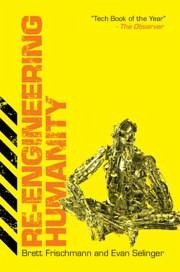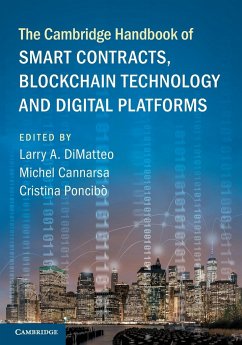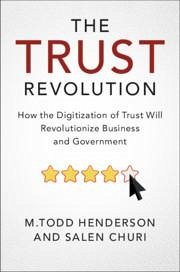
Re-Engineering Humanity
Versandkostenfrei!
Versandfertig in 2-4 Wochen

PAYBACK Punkte
16 °P sammeln!




With interdisciplinary breadth, scholarly depth, and clear, evocative, and resonant writing, Re-Engineering Humanity explains how technology threatens our humanity, endangers the future of our society, and can be changed for the better.
Brett Frischmann is the Charles Widger Endowed University Professor in Law, Business and Economics, at Villanova University. He is also an affiliated scholar of the Center for Internet and Society at Stanford Law School, and a trustee for the Nexa Center for Internet and Society, Politecnico di Torino. He has published foundational books on the relationships between infrastructural resources, governance, commons, and spillovers, including Governing Medical Knowledge Commons, with Michael Madison and Katherine Strandburg (Cambridge, 2017); Governing Knowledge Commons, with Michael Madison and Katherine Strandburg (2014); and Infrastructure: The Social Value of Shared Resources (2012).
Produktdetails
- Verlag: Cambridge University Press
- Seitenzahl: 434
- Erscheinungstermin: 12. September 2019
- Englisch
- Abmessung: 223mm x 153mm x 22mm
- Gewicht: 648g
- ISBN-13: 9781108707640
- ISBN-10: 1108707645
- Artikelnr.: 57016674
Herstellerkennzeichnung
Libri GmbH
Europaallee 1
36244 Bad Hersfeld
gpsr@libri.de
Für dieses Produkt wurde noch keine Bewertung abgegeben. Wir würden uns sehr freuen, wenn du die erste Bewertung schreibst!
Eine Bewertung schreiben
Eine Bewertung schreiben
Andere Kunden interessierten sich für











